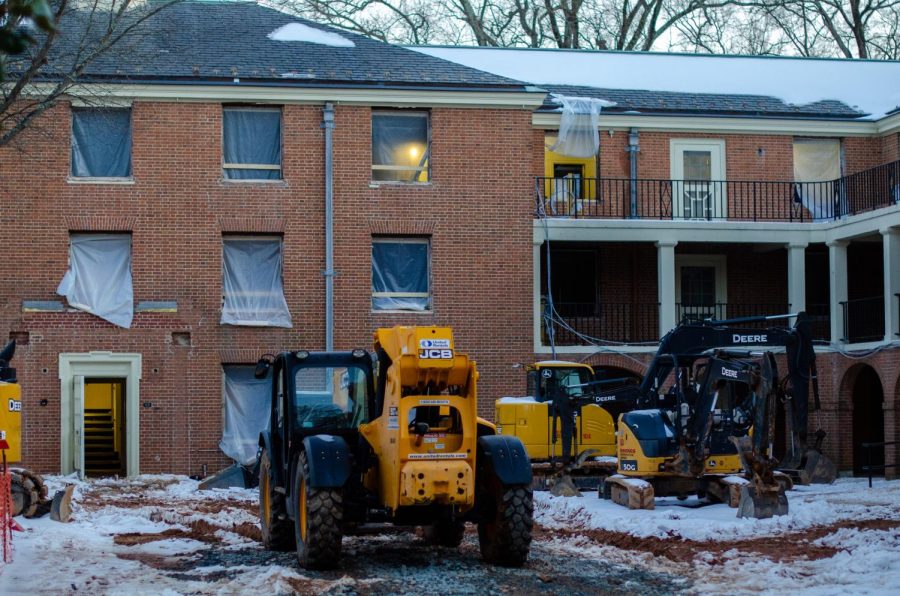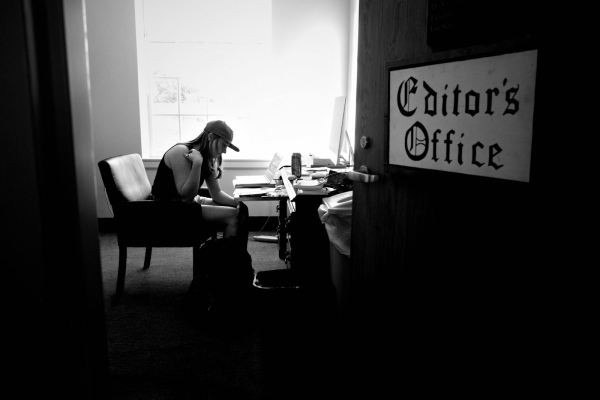University should respect sanctity of a snow day
January 20, 2022
The warm feeling of fondness that is associated with memories of snow days can be shared by most Wake Forest students, whether they were lucky enough to be from a hometown with snowy winters or a town where the rare snowfall is a town-wide celebration. With the advent of virtual learning, that joy and warmth may have disappeared.
On Tuesday, Jan. 18, 2022, Wake Forest’s administration responded to snowfall and dangerous weather conditions by transitioning all classes to a virtual format. On both Tuesday and Wednesday, students have been spending what would once be considered a “snow day” sitting in front of their computer screens, completing in-class and homework assignments.
Before the introduction of the Zoom format across American education, institutions of higher learning like Wake Forest would cancel all classes in the event of inclement weather. Now, that practice has disappeared. This is harmful, because for both students and professors, sudden transitions between course modalities can be jarring and can lead to a decrease in the quality of Wake Forest’s vaunted educational experience. Further, for professors who have children enrolled in Winston- Salem/Forsyth County Public Schools — which did, in fact, close completely for this most recent storm — balancing childcare with virtual teaching can also be difficult.
The detriments of not having snow days are clear, but the benefits of allowing students to have class-free snow days are also numerous and long-lasting. Of course, the primary advantage of deciding to cancel classes would be the prioritization of student health and safety.
Although learning is imperative, snow days provide crucial morale boosts to the student body. After the university’s history of pursuing the implementation of wellness days, allowing students more time to focus on their mental wellbeing through a snow day appears to be a no-brainer. Yet, the administration has continued to ignore measures that could promote the health of students for policies that keep the university open at all costs.
There are professors within the university who are dedicated to correcting this misstep. For example, T. H. M. Gellar- Goad in the classics department has a snow day policy on his syllabus stipulating that if in-person classes are canceled, his class will be canceled. Period. We encourage the university to adopt a similar stance. As the COVID-19 pandemic continues to develop into new and unforeseen stages, our university must maintain the wellbeing of its students as its first priority. Returning to a snow day policy of no classes will help in that effort.

















